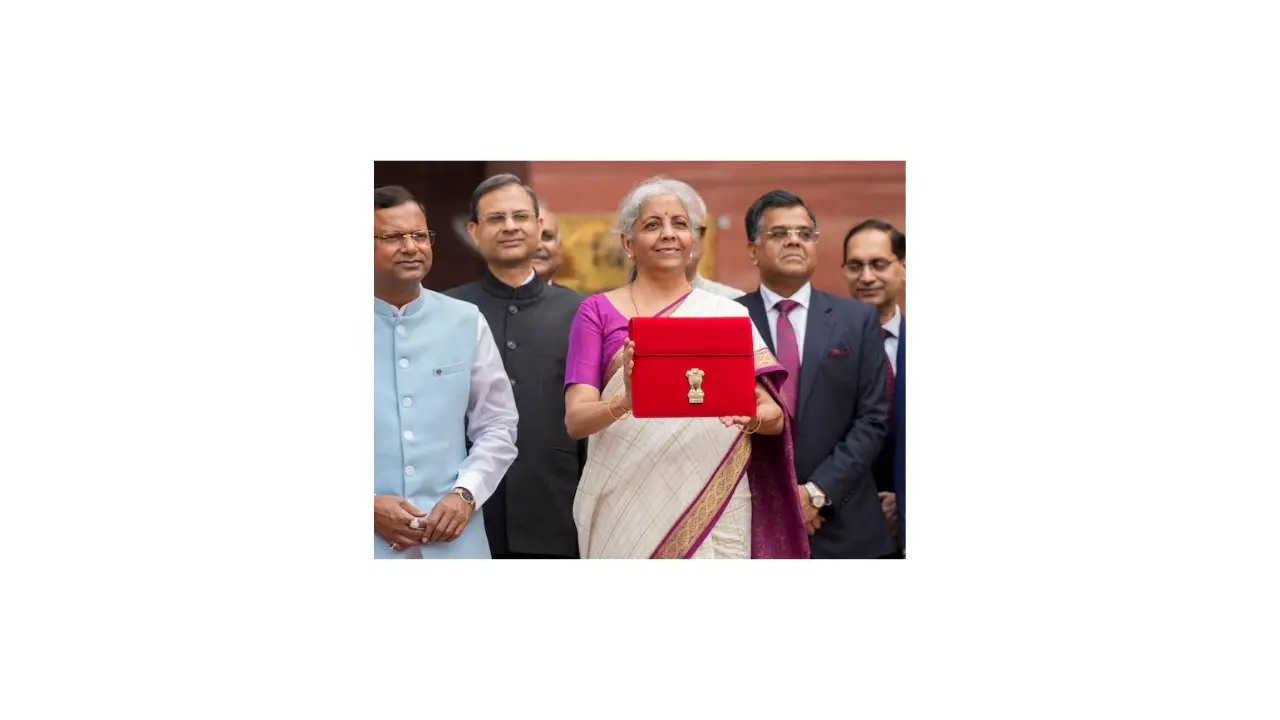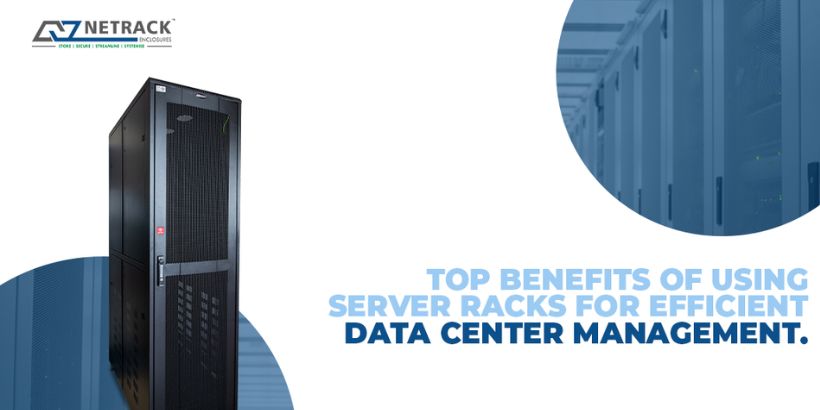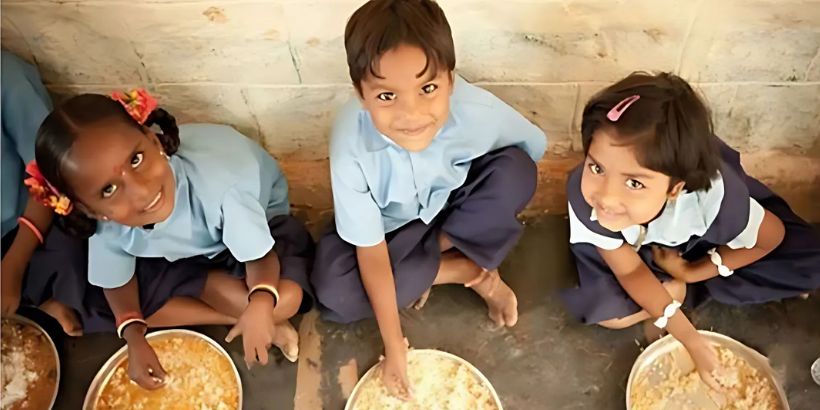Nirmala Sitharaman, the Finance Minister, has disclosed significant changes to the 2024 Budget, with a particular focus on the implementation of a new tax regime. The most significant modifications include an increase in the standard deduction for salaried employees and pensioners, as well as revised tax slabs.
New Tax Regime Slabs: Key Tax Proposals
For quantities up to ₹3,00,000, there is no charge.
From ₹3,00,001 to ₹7,00,000: 5%
Ten percent of the amount between ₹7,00,001 and ₹10,00,000
From ₹10,00,001 to ₹12,00,000: 15%
From ₹12,00,001 to ₹15,00,000: 20%
Over ₹15,00,000: 30%
The purpose of these revised categories is to provide substantial tax relief, with the expectation that taxpayers who elect to adopt the new regime will save approximately ₹17,500 annually.
The statutory deduction has been increased from ₹50,000 to ₹75,000 under the new tax regime. Approximately four crore pensioners and salaried individuals will benefit from this modification. The deduction for family pensioners will be raised from ₹15,000 to ₹25,000 under the new regime. However, the deduction remains at ₹50,000 under the previous tax regime.
Market Responses
On the day of the budget announcement, the Indian equity market was characterized by volatility. As of 12:04 PM, the BSE Sensex was trading at 80,340.45, a 0.20 percent decrease or 161.63 points, and the NSE Nifty50 was at 24,457.80, a 0.21 percent decrease or 51.45 points.
Analysts’ Viewpoints on the 2024 Agriculture Budget:
Anand Ramanathan, Partner and Consumer Products and Retail Sector Leader at Deloitte India, underscored the budget’s emphasis on the dissemination of climate-resistant seed varieties, the expansion of digital public infrastructure, and the promotion of natural farming. It is anticipated that these initiatives will enhance farm-level productivity and foster self-sufficiency in the production of pulses and crustaceans. Additionally, the emphasis on vegetable production clusters is designed to align with the change in consumption patterns of fresh produce and proteins.
Employment and Skilling: Sahil Gupta, Partner at Deloitte India, emphasized the budget’s provisions for employment and skilling. The allocation of funds to youth through education and skilling financing will increase the gross enrollment ratio in education. The goal of this initiative is to equip young people with industry-relevant skills, thereby fostering a more productive future workforce.
E-Commerce: Anand Ramanathan also noted that the budget places a significant emphasis on e-commerce centers, which will have a significant impact on the Direct-to-Consumer (D2C) ecosystem. It is anticipated that these centers will improve the operational efficiency and market accessibility of minor vendors and aggregators, as well as exports.
Additional Budget Highlights Financial and Economic Objectives:
1. The fiscal deficit objective for FY25 has been established at 5.1%.
2. The FY24 objective has been adjusted from 5.9% to 5.8%.
3. Capital expenditure: ₹11.11 lakh crore
4. The anticipated tax revenue for 2024-25 is ₹26.02 lakh crore.
5. The divestment objective for the fiscal year 2025 is ₹50,000 crore.
6. The aggregate market borrowing target is ₹14.13 lakh crore.
7. It is expected that nominal GDP growth will rise by 10.5%.
Sectoral Distributions:
Railways: ₹2.55 lakh crore
Production Linked Incentive (PLI) Scheme: ₹6,200 crore
Health Sector: ₹90,170 crore
Education Budget for 2024-25: ₹1.25 lakh crore
Housing Initiatives: The budget suggested a program to provide assistance to middle-income individuals in the purchase or construction of homes. The Pradhan Mantri Awas Yojana (PMAY) was increased to ₹80,671 crore for the 2024-25 fiscal year. By constructing an additional 2 crore dwellings over the next five years, the objective of this initiative is to increase the demand for residential and commercial real estate in India.
Healthcare Enhancements: The budget allocates ₹7,200 crore for the Ayushman Bharat Pradhan Mantri Jan Arogya Yojana (AB-PMJAY) and ₹646 crore for the Ayushman Bharat Health Infrastructure Mission (PM-ABHIM). The healthcare infrastructure will be improved and comprehensive health coverage will be provided nationwide as a result of these initiatives.
Solar Energy and Free Electricity: The Finance Minister proposed a rooftop solar program that would offer free electricity to up to 300 units per month to one crore households, potentially saving ₹15,000-18,000 per household annually. This program is intended to aid India in its goal of generating 500 GW of renewable energy by 2030, thereby reducing its dependence on fossil fuels and addressing climate change.
Budget 2024 is designed to stimulate economic growth by addressing critical issues such as climate change, employment, and e-commerce development. It has a comprehensive concentration on a variety of sectors. The government’s commitment to sustainable growth and development is evident in the initiatives that have been recently announced, which are anticipated to have a significant impact on the broader economy, industrial development, and urban housing.





